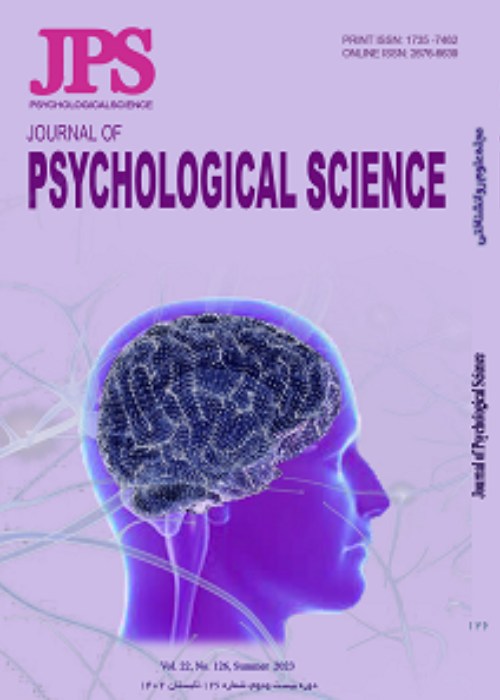Comparison of the effectiveness of cognitive behavioral therapy and acceptance and commitment on the insomnia disorder in the middle-aged
Sleep is one of the most important psychological and physiological processes for brain function and mental health that control human health. Sleep quality is essential in middle-aged society, and sleep problems in this society are recognized as a main risk factor for mental and physical health problems. So far, the effectiveness of various treatments have been performed to improve sleep quality in middle-aged people, but no study has compared cognitive behavioral therapy and acceptance and commitment therapy.
The present study was conducted with the aim of comparing the effectiveness of cognitive behavioral therapy and acceptance and commitment-based therapy on improving insomnia in middle-aged people.
The research method was experimental with a pre-test and post-test design with a control group and a three-month follow-up. The statistical population of this research included all middle-aged men and women suffering from insomnia who referred to health centers in Hamedan city in 2022. 60 people were selected as available sampling and randomly divided into 3 groups of 20 people (two experimental groups and one control group), cognitive behavioral therapy, commitment and acceptance therapy and control group. The measurement tool in this research was the insomnia disorder questionnaire of Homai Maaz et al. (2023). The experimental groups were subjected to cognitive behavioral therapy based on acceptance and commitment for 9 sessions of 75 minutes respectively, and the control group received the usual treatment.
The findings showed that after the intervention, both treatment methods improved the insomnia disorder compared to the control group, and the treatment results were maintained in the follow-up period (p<0.001); However, acceptance and commitment therapy compared to cognitive behavioral therapy had a greater effect on the improvement of middle-aged insomnia disorder (p<0.001).
According to the research results, it can be said that cognitive behavioral therapy and acceptance and commitment therapy, along with other therapeutic methods, are suitable intervention methods for improving insomnia disorder in middle-aged people. Psychologists, clinical counselors, and therapists can reduce the problems of patients with insomnia disorder by holding psychological workshops such as cognitive behavioral therapy for insomnia and acceptance and commitment therapy for insomnia as easy, accessible, and low-cost treatments to help these people.
- حق عضویت دریافتی صرف حمایت از نشریات عضو و نگهداری، تکمیل و توسعه مگیران میشود.
- پرداخت حق اشتراک و دانلود مقالات اجازه بازنشر آن در سایر رسانههای چاپی و دیجیتال را به کاربر نمیدهد.



